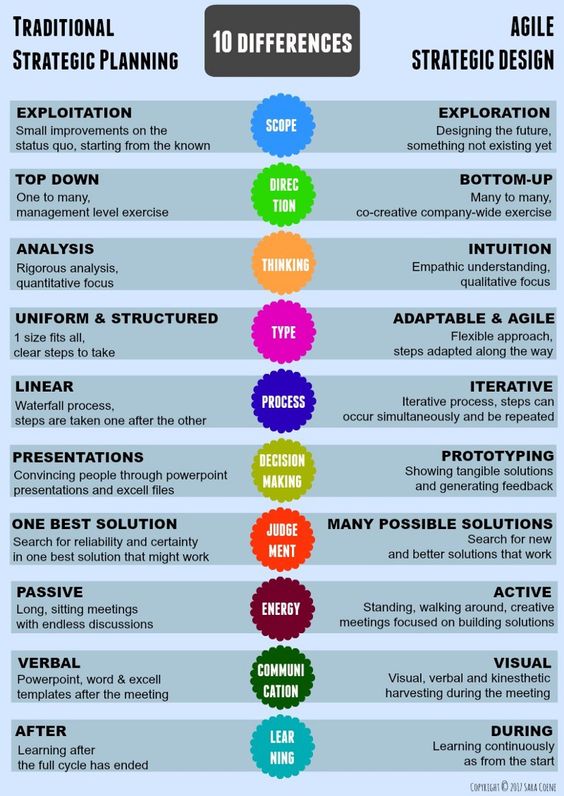Strategic thinking is essential for achieving long-term success. It involves identifying potential opportunities and risks, evaluating alternative courses of action, and making informed decisions that align with your goals. Whether you’re a business leader, entrepreneur, or simply looking to improve your problem-solving skills, here are eight tips for practicing strategic thinking.
Understand Your Vision and Goals
To think strategically, you need to have a clear understanding of your vision and goals. This means defining your overall purpose, identifying your objectives, and prioritizing what’s most important. With a strong vision and set of goals, you’ll be better equipped to make decisions that align with your long-term vision.
Gather Information and Analyze Data
Strategic thinking requires a deep understanding of the environment you operate in. This means gathering as much information as possible, analyzing data, and staying up to date on industry trends. By having a comprehensive understanding of your market, competitors, and customers, you’ll be able to make informed decisions and identify opportunities for growth.
Evaluate Alternatives
Strategic thinking involves evaluating alternative courses of action. This means weighing the pros and cons of different options, considering risk factors, and understanding the potential consequences of each decision. By evaluating alternatives thoroughly, you’ll be able to make the best decision for your organization or personal goals.
Prioritize and Plan
Once you’ve identified your goals and evaluated your options, it’s time to prioritize and plan. This means deciding which initiatives to pursue first, creating a plan of action, and establishing timelines and milestones. By prioritizing and planning, you’ll be able to focus your resources and efforts on the most important initiatives.
Communicate Effectively
Effective communication is key to strategic thinking. This means clearly articulating your vision, goals, and plans to your team, stakeholders, and customers. By communicating effectively, you can ensure that everyone is aligned and working towards the same goals.
Monitor Progress and Adjust as Needed
Strategic thinking requires ongoing monitoring of progress and adjustment as needed. This means regularly reviewing your progress towards your goals, identifying areas where you’re falling short, and making any necessary changes. By monitoring progress and adjusting as needed, you’ll be able to stay on track and achieve your long-term vision.
Learn from Failures and Successes
Success and failure are both opportunities to learn in strategic thinking. This means reflecting on what worked and what didn’t, understanding why, and using that knowledge to inform future decisions. By learning from your failures and successes, you’ll be able to continually improve your strategic thinking skills.
You might find these FREE courses useful
- Strategic Management – Capstone Project
- Strategic Leadership and Management Capstone
- Strategic Sales Management Final Project
- Strategic Management Certificate | IIM Kozhikode | Coursera
Take Calculated Risks
Strategic thinking involves taking calculated risks. This means weighing the potential outcomes of a decision, understanding the risks involved, and making an informed decision. By taking calculated risks, you can identify new opportunities and move towards your long-term vision.
In conclusion, strategic thinking is an essential skill for success in any field. By understanding your vision and goals, gathering information, evaluating alternatives, prioritizing and planning, communicating effectively, monitoring progress, learning from failures and successes, and taking calculated risks, you can improve your strategic thinking and achieve your long-term vision.
